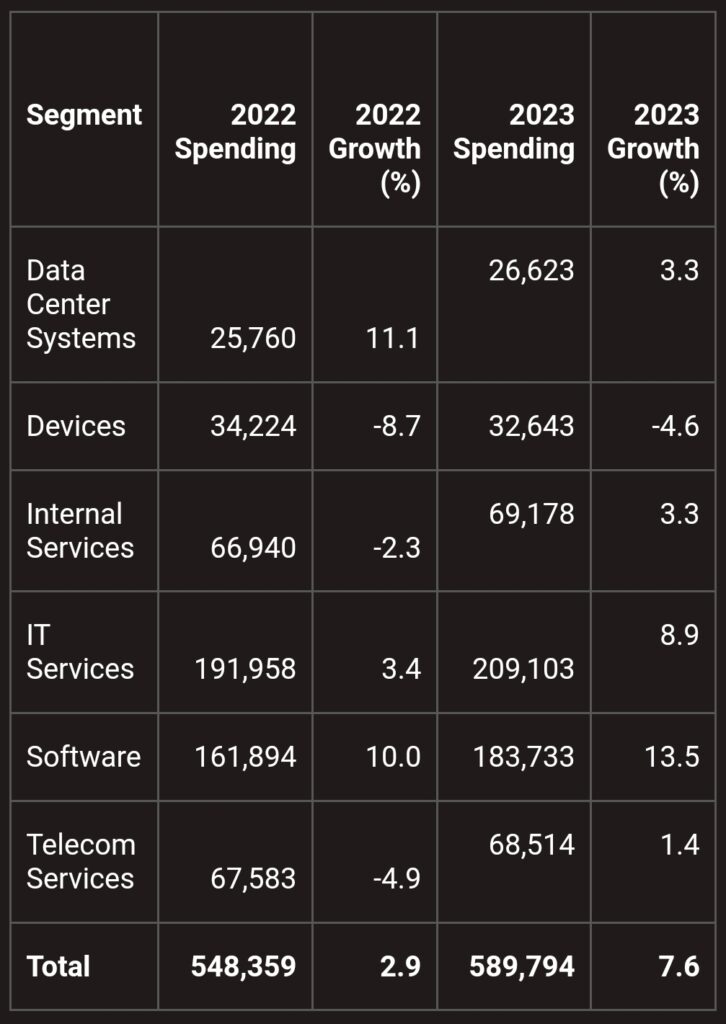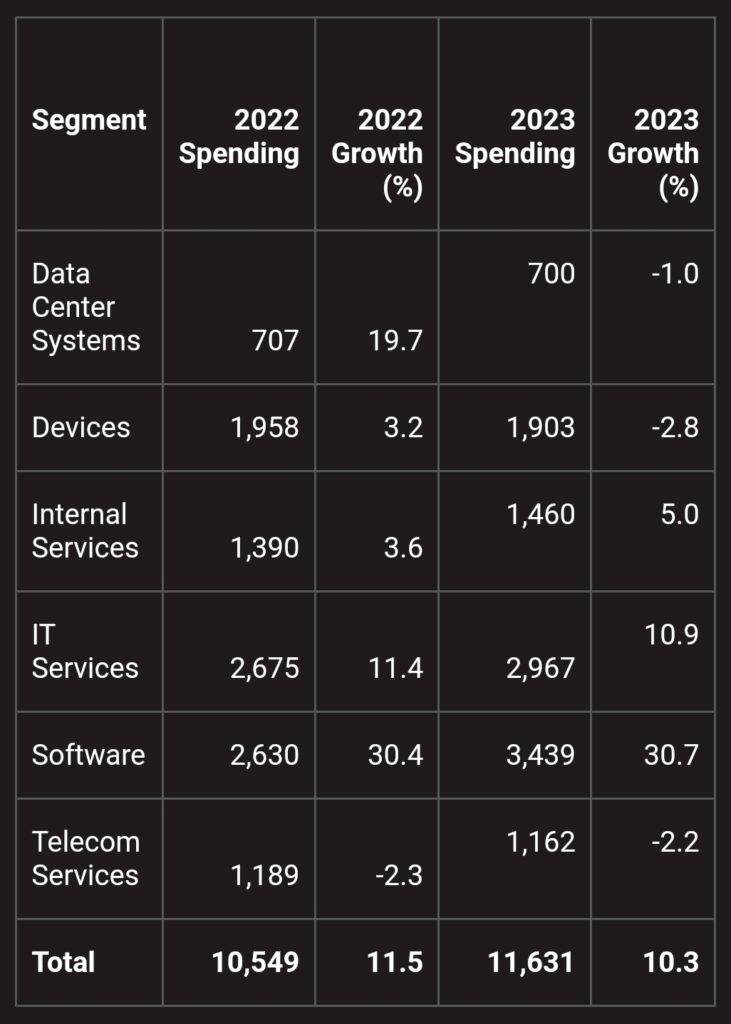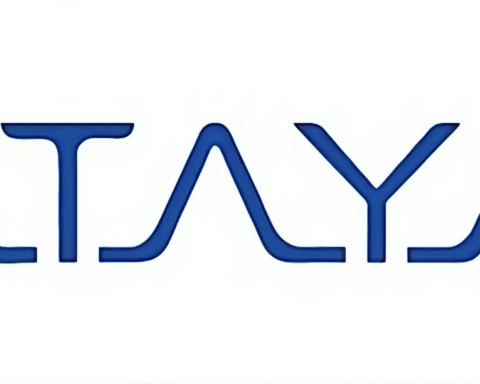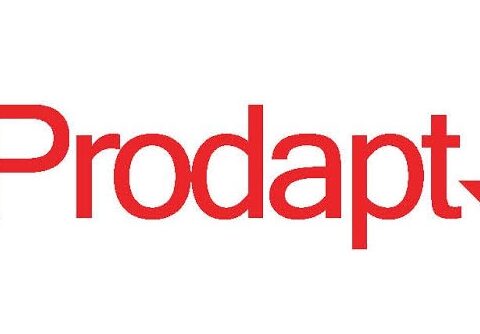Governments Are Increasing Digital investments in Response to Global Turmoil
Worldwide government IT spending is forecast to total $589.8 billion in 2023, an increase of 7.6% from 2022, according to Gartner, Inc.
“Global challenges like inflation and workforce scarcity and their local repercussions are testing the abilities of government CIOs to respond with appropriate service delivery mechanisms and organizational accountability,” said Apeksha Kaushik, Principal Analyst at Gartner. “In addition, the “great resignation” and the competing demand from the commercial sector have forced governments to re-examine their approaches to counterbalance internal talent scarcity.”
In 2023, government organizations will sustain commitment to investing in digital programs. “Governments are increasingly spending their IT budgets to replace legacy applications. Gartner’s 2023 CIO and Technology Executive Survey showed that 57% of government CIOs plan to increase funding for application modernization in 2023, up from 42% in 2022,” said Kaushik.
This year, they will also ensure their digital projects endure mission impact. An increasing number of government institutions are already putting in place at least one digital metric linked directly to outcomes associated with their organization’s public purpose or mission. By 2026, Gartner foresees over 75% of governments will gauge digital transformation success by measuring the enduring mission impact.
Software to Remain Highest Spending Segment in 2023
In 2023, software will continue to be the highest growing segment in 2023 (see Table 1). Application modernization investments will increase supported by more software-as-a service-based solution offerings. The use of low-code application platforms (LCAPs) is also on the rise and will further accelerate legacy modernization efforts
Table 1. Worldwide Government IT Spending Forecast (Millions of U.S. Dollars)

Government spending on IT services will continue unabatedly in 2023. “Compensation constraints and limited resources to attract and retain IT talent is becoming an even bigger challenge today as many governments are facing IT talent shortage,” said Kaushik.
To continue modernizing and innovating critical IT infrastructure and applications, some government organizations will embrace a multisourced workforce strategy by optimizing the use of internal IT talent and investing in employee experience tools to empower and spark innovation, as well as partnering with external IT service providers to speed time to value.
India Outlook
In India, government IT spending is forecast to total $11.6 billion in 2023, an increase of 10.3% from 2022 (see Table 2).
Table 2. India Government IT Spending Forecast (Millions of U.S. Dollars)

India governments will continue to focus on modernizing initiatives and their digital efforts for increased productivity, automation and other software-driven transformation. For example, they are ensuring public sector institutions in India build mobile-first experiences for their citizens, especially for those who don’t own a smartphone. Locally, Unified Mobile Application for New-Age Governance (UMANG) applications have been offering all services through a single portal to enhance government service- delivery experience. In addition, the Open Government Data Platform (OGDP) drives mobile governance in India while the India Stack creates a unified platform to digitize the population of the country. Both are helping to provide an enhanced digital experience to Indian citizens.
2023 Priorities
Throughout 2023, government organizations will continue to invest in initiatives that improve access to digital services as constituents increasingly demand experiences that are equivalent to online customers.
While digital transformation remains a top priority for governments, some government CIOs have indicated they are falling short in realizing maximum benefits from their digital investments. “Government CIOs who are moving beyond scaling digital solutions across their critical services are ensuring that further investment in digital solutions can directly impact how they achieve the mission or public purpose of their organization,” said Kaushik.









